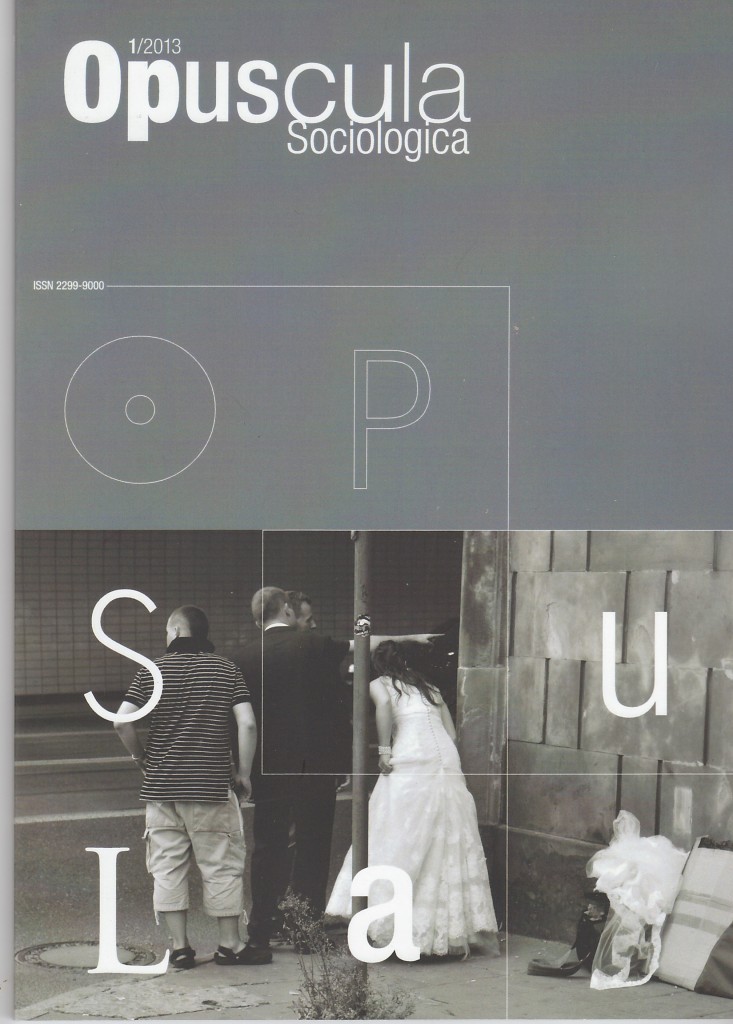Postawy mieszkańców Sandomierza wobec zmiany systemu politycznego Polski z 1989 roku
Attitudes of the inhabitants of Sandomierz towards the changes of the political system in Poland in 1989
Author(s): Urszula BąkSubject(s): Social Sciences, Sociology, Rural and urban sociology
Published by: Wydawnictwo Naukowe Uniwersytetu Szczecińskiego
Keywords: the perception of the essence of democracy; the city and self-government assessed by respondents; the feeling of objectiveness; cooperation between the inhabitants and self-government
Summary/Abstract: The collected empirical material has allowed an analysis of how the respondents understand democracy as well as an analysis of their preferred features of a good political system. The selection of certain aspects of the democratic system is simultaneously an indication of the assessment criteria in the macro-structural perspective. The respondents in Sandomierz most often pay attention to the substantial elements of democracy and expect guaranties of prosperity, or at least some assurance of social security. The procedural aspect, which means the possibility of partaking in the free election, was also considered to be important. On the other hand, the possibility of participation in the public life was valued little. The inhabitants of Sandomierz decisively do not accept the totalitarian system and prefer the authority which abides by the lawand puts into practice the principle of equality of citizens. The inhabitants of Sandomierz appreciate the fact that changes for the better have taken place in the town and they perceive the effects of restructuring the territorial self-government. The activity of the city authority was valued as “good,” and “satisfactory.” As it turned out, the majority of the respondents do not attemptto influence the decisions of the city authority, nor do they feel the need to do so. By declaration, the respondents are convinced that it is necessary to cooperate this way. The majority of them feel that they are neither subjects, nor active participants. Commonly, they claim that they do not have any influence on the matters in the city. The representation of the role of city inhabitants in the life of the city is far from the real situation perceived by the respondents. They do not question the benefits resulting from cooperation with the self-government authority and they declare that they want to feel responsible for the appearance of the city even when it is the authority’s responsibility. However, the declarations do not match the sphere of behaviours shown by the respondents.
Journal: Opuscula Sociologica
- Issue Year: 3/2013
- Issue No: 1
- Page Range: 75-92
- Page Count: 18
- Language: Polish

